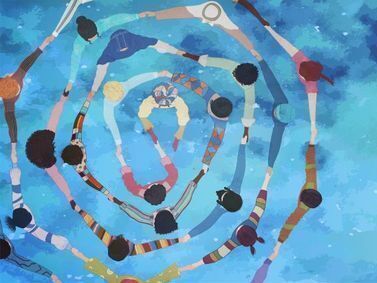This section offers specialized webinars and trainings focused on supporting survivors of domestic violence who have experienced criminalization. These sessions provide in-depth knowledge on navigating the criminal legal system, understanding the impact of criminalization, and building strategies for effective advocacy and support. Designed for both survivors and their support networks, these resources will help deepen your understanding and enhance your ability to access services and pursue justice.
-
Organization: NYSCADV
Resource Type: Webinar
Description: This conversation features Rev. Sharon White-Harrigan, LMSW, Patrice Smith and Monica Szlekovics in a discussion about the scope and scale of IPV survivor criminalization, the needs of survivors who have been criminalized, and the need to remove barriers to assist IPV survivors as they navigate the various stages of the criminal justice system. -
Organization: NYSCADV
Resource Type: Webinar
Description: This panel features victim service organizations that currently provide comprehensive support services to criminalized survivors. Learn about specific harms caused to IPV survivors from the criminal legal system and the value of grounding supportive work in the tenets of healing-centered, anti-oppressive practice. Panelists will describe how their organizations initiated their criminalized survivor support programs, the benefits and challenges of the work, and new opportunities for supporting criminalized survivors with passage of the Domestic Violence Survivor Justice Act. -
Organization: Moms United Against Violence and Incarceration (MUAVI) and Love & Protect
Resource Type: Webinar (in conversation)
Description: This video documents a timely conversation between feminist-abolitionist activists Monica Cosby (MUAVI, the West Side Justice Center) and Dr. Beth Richie (head of Criminology, Law, & Justice at the University of Illinois at Chicago). Panelists discuss how prison is gender violence, how incarceration replicates the power and control dynamics in abusive relationships, and why feminist work to end gender-based violence must be abolitionist. Their insights and expertise are unparalleled, and their passion for this work should motivate all of us to #FreeThemAll and to continue to build alternatives to the criminal legal system in order to create real safety in our homes and communities.

